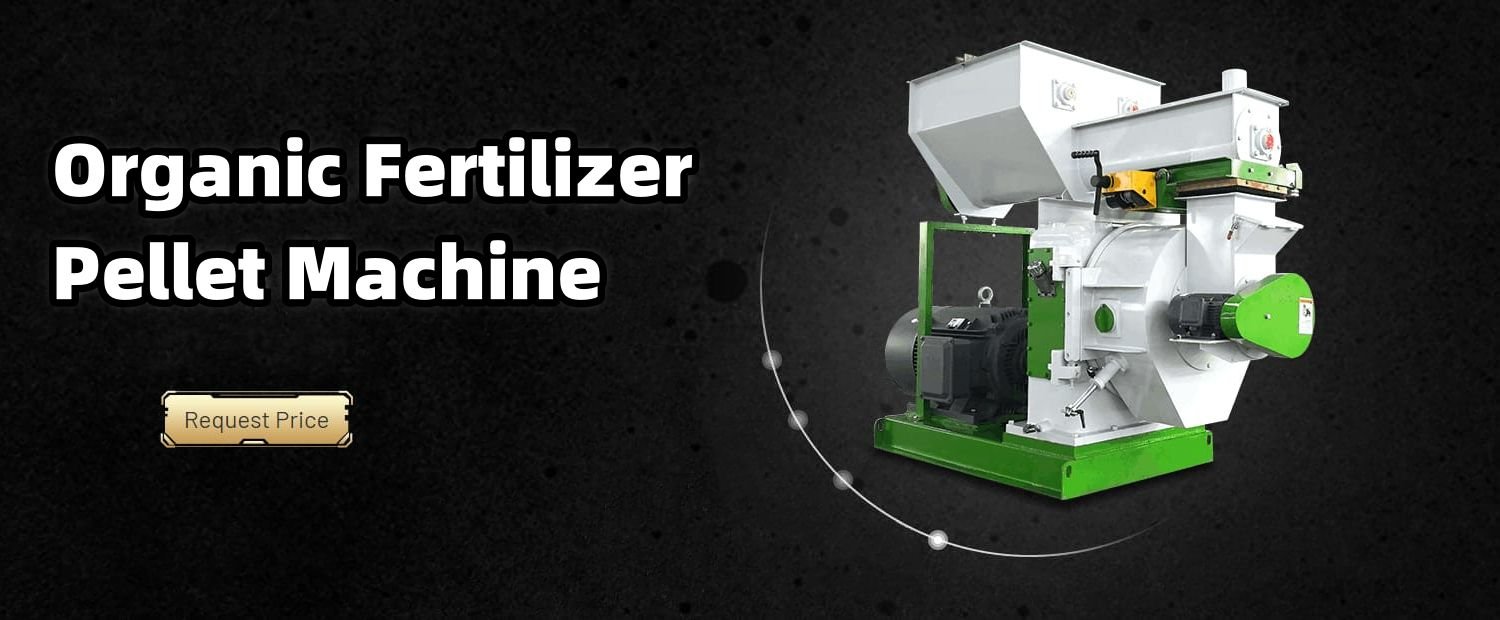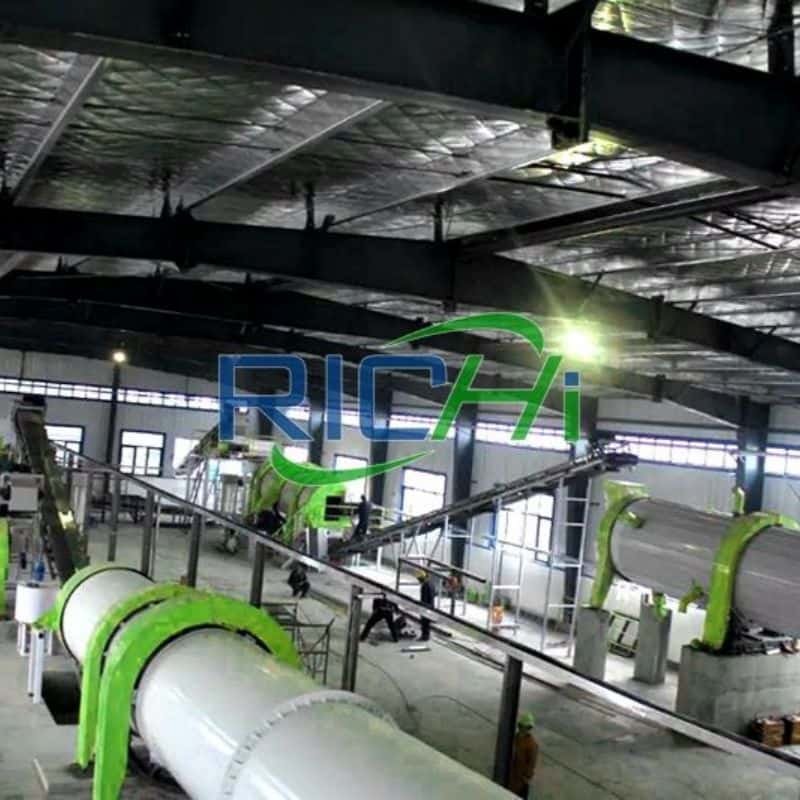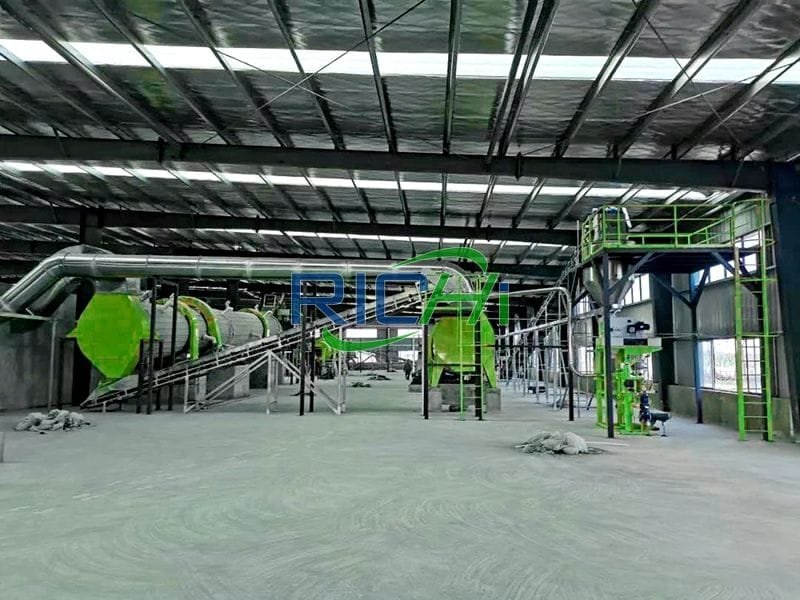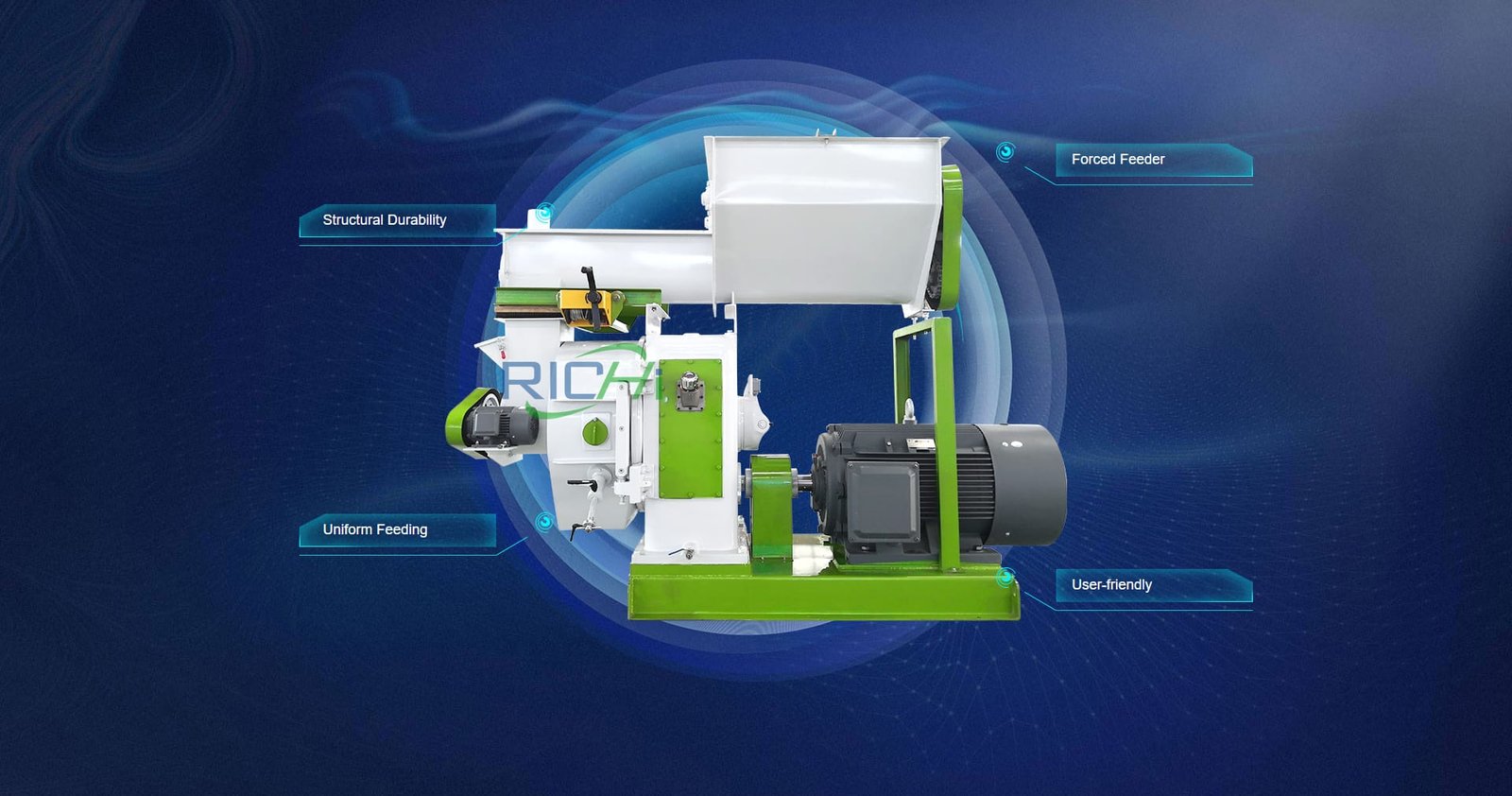Organic fertilizer pellet machines play a crucial role in modern agricultural practices, converting raw organic materials into uniform, easy-to-use pellets. Proper maintenance and care of these machines are essential for ensuring their longevity, efficiency, and consistent production of high-quality fertilizer pellets. This article explores the key considerations for maintaining and caring for organic fertilizer pellet machines.
- Regular Cleaning
Regular cleaning is fundamental to the proper functioning and longevity of organic fertilizer pellet machines:
- Daily Cleaning: Remove any residual material from the machine after each production run. Pay special attention to the die and roller assembly, as buildup here can affect pellet quality.
- Deep Cleaning: Perform a thorough cleaning weekly or bi-weekly, depending on usage. This includes disassembling parts like the die and rollers for detailed cleaning.
- Use Appropriate Cleaning Methods: Avoid using water for cleaning unless specified by the manufacturer. Instead, use compressed air and appropriate cleaning tools to remove debris.
Regular cleaning prevents material buildup, reduces wear on components, and helps maintain consistent pellet quality.
- Lubrication
Proper lubrication is critical for reducing friction and wear on moving parts:
- Follow Manufacturer Guidelines: Adhere to the manufacturer’s recommendations for lubrication frequency and types of lubricants.
- Key Areas for Lubrication: Focus on bearings, gears, and other moving parts specified in the machine’s manual.
- Check Lubrication Levels: Regularly inspect oil levels and quality, replacing or topping up as necessary.
- Use Quality Lubricants: Invest in high-quality lubricants suitable for the specific components of your pellet machine.
Proper lubrication extends the life of machine components and ensures smooth operation.
- Die and Roller Maintenance
The die and roller assembly is the heart of the pellet machine and requires special attention:
- Regular Inspection: Check the die and rollers for signs of wear, such as uneven surfaces or cracks.
- Rotation and Replacement: Rotate the die regularly to ensure even wear. Replace the die and rollers when wear exceeds manufacturer specifications.
- Proper Alignment: Ensure that rollers are correctly aligned with the die to prevent uneven wear and maintain pellet quality.
- Cleaning Between Material Changes: Thoroughly clean the die and rollers when switching between different types of organic materials to prevent cross-contamination.
Proper die and roller maintenance is crucial for maintaining pellet quality and machine efficiency.
- Belt and Chain Tension
Many pellet machines use belts or chains for power transmission:
- Regular Checks: Inspect belt and chain tension regularly, adjusting as necessary.
- Look for Wear Signs: Check for signs of wear such as fraying in belts or elongation in chains.
- Timely Replacement: Replace belts and chains according to the manufacturer’s recommended schedule or when signs of significant wear are observed.
Proper tension in belts and chains ensures efficient power transmission and reduces the risk of unexpected breakdowns.
- Electrical System Maintenance
The electrical components of the pellet machine require regular attention:
- Inspect Wiring: Regularly check for any loose connections, frayed wires, or signs of overheating.
- Clean Control Panels: Keep control panels free of dust and debris, which can interfere with proper functioning.
- Test Safety Systems: Regularly test emergency stop buttons and other safety features to ensure they are functioning correctly.
- Professional Inspection: Have a qualified electrician perform annual inspections of the electrical system.
Proper electrical maintenance ensures safe operation and prevents electrical-related failures.
- Bearing Maintenance
Bearings are critical components in pellet machines:
- Regular Inspection: Check bearings for signs of wear, unusual noise, or excessive heat.
- Proper Lubrication: Ensure bearings are adequately lubricated according to the manufacturer’s specifications.
- Timely Replacement: Replace bearings at the first sign of failure to prevent more extensive damage to the machine.
Well-maintained bearings are essential for smooth operation and longevity of the pellet machine.
- Moisture Control
Moisture content in the raw material significantly affects pellet quality and machine performance:
- Monitor Material Moisture: Regularly check the moisture content of incoming raw materials.
- Adjust Settings: Modify machine settings as necessary to accommodate variations in material moisture.
- Maintain Proper Storage: Store raw materials in a dry environment to prevent moisture-related issues.
Proper moisture control helps maintain consistent pellet quality and prevents unnecessary wear on the machine.
- Temperature Monitoring
Monitoring and controlling temperature is crucial for optimal pellet production:
- Use Temperature Sensors: Regularly check and calibrate temperature sensors in the machine.
- Monitor Die Temperature: Keep an eye on die temperature during operation, as excessive heat can affect pellet quality and machine performance.
- Cooling System Maintenance: Ensure that any cooling systems are functioning properly to prevent overheating.
Proper temperature control is essential for producing high-quality pellets and preventing machine damage.
- Scheduled Maintenance
Implement a regular maintenance schedule:
- Daily Checks: Perform quick inspections at the start and end of each production day.
- Weekly Maintenance: Conduct more thorough checks and cleaning on a weekly basis.
- Monthly and Annual Servicing: Schedule comprehensive maintenance checks and servicing monthly or annually, depending on usage.
- Keep Maintenance Records: Maintain detailed records of all maintenance activities and observations.
A well-planned maintenance schedule helps prevent unexpected breakdowns and extends the machine’s lifespan.
- Operator Training
Proper operator training is crucial for maintaining the pellet machine:
- Comprehensive Training: Ensure all operators are thoroughly trained in machine operation and basic maintenance.
- Regular Updates: Provide ongoing training to keep operators updated on best practices and any changes in machine operation.
- Encourage Reporting: Train operators to report any unusual sounds, smells, or performance issues immediately.
Well-trained operators can significantly contribute to the longevity and efficient operation of the pellet machine.
Conclusion
Proper maintenance and care of organic fertilizer pellet mills are essential for ensuring their longevity, efficiency, and consistent production of high-quality pellets. By focusing on regular cleaning, proper lubrication, careful die and roller maintenance, and attention to other key components, operators can significantly extend the life of their machines and maintain optimal performance.Implementing a comprehensive maintenance schedule, providing thorough operator training, and staying vigilant about the machine’s condition during operation are all crucial steps in maximizing the value and output of organic fertilizer pellet machines. With proper care, these machines can provide years of reliable service, contributing to efficient and sustainable organic fertilizer production.








